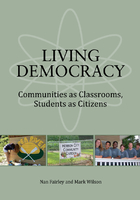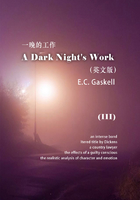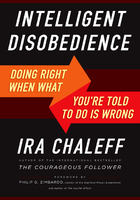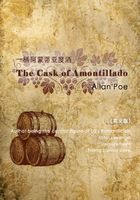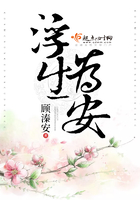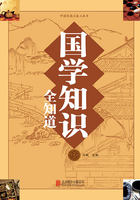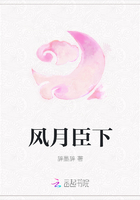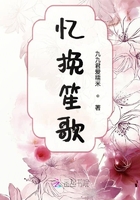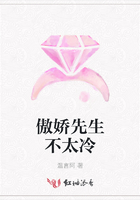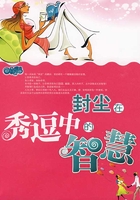The Duel
On a mild summer morning just after dawn, two men met on the dueling grounds in Weehawken, New Jersey. They were armed with Wodgon dueling pistols—heavy, elegant flintlock pistols, with highly polished curved wooden handles and brass barrels almost eleven inches long. One of the men was Aaron Burr, vice president of the United States. The other was former United States Secretary of the Treasury Alexander Hamilton. The year was 1804.
A few weeks earlier, Burr had demanded that Hamilton apologize for fifteen years of insults. When Hamilton refused, Burr challenged him to a duel—and Hamilton accepted.
Hamilton declined to practice before their meeting, even though he probably hadn't fired a pistol since the Revolutionary War. During the days leading up to the duel, he'd spent time getting his affairs in order, writing farewell letters and redrafting his will. On his writing desk, he left a lengthy declaration containing the statement: "I have resolved ... to throw away my first fire, and I have thought even of reserving my second fire—and thus giving a double opportunity to Burr to pause and reflect." He'd also said this to a friend, who begged him not to squander his first shot. But Hamilton had made up his mind, and he was nothing if not stubborn and determined. "Then sir," his friend reportedly cried. "You will go like a lamb to be slaughtered."
According to the standards of the day, turning down a duel was the sign of a coward. It was also taken as evidence that the person declining was not a true gentleman and had indeed behaved dishonorably. But duels were against the law, and Hamilton would have had good reasons for refusing. He believed duels were sinful and wrong. His own beloved son Philip had recently died in a duel defending Hamilton's honor, and his death devastated his family. Hamilton knew that his own death would further traumatize them. Before leaving for the dueling field, he left behind a letter to his wife, Eliza, that read:
If it had been possible for me to have avoided the interview, my love for you and my precious children would have been alone a decisive motive. But it was not possible, without sacrifices which would have rendered me unworthy of your esteem ... Adieu best of wives and best of women.
In the papers Hamilton left behind, he admitted that Burr was justified in challenging him because he had, indeed, smeared Burr's character. But Hamilton couldn't avert the duel by apologizing because, in his opinion, everything he said was true.
Generations since have wondered about Hamilton's decision to accept Burr's challenge—and his decision to throw away his fire. Some suggested it was a death wish, as indicated by a letter he'd written in 1800, moaning that he should "withdraw from the scene. Every day proves to me more and more that this American world was not made for me." Others suggested that Hamilton, who had been frail all his life and over the past few years had suffered stomach disorders and other illnesses, believed himself to be dying anyway. It's also possible that Hamilton didn't believe Burr would shoot to kill. Duels, while sometimes fatal, more often were not fought to the death, instead stopping before shots were even fired, or at the first draw of blood, or after a few misfires.
Hamilton must have known that if Burr killed him, Burr would be committing political suicide because there'd be almost no chance he'd ever again hold public office. Perhaps Hamilton thought reason would prevail, that the ever-ambitious Burr, not wanting to entirely end his own career, would make a show of firing, content to inflict a wound, but stop short of killing him. There was another possibility. Hamilton had long romanticized a glorious death, so perhaps—knowing Burr would be committing political suicide by killing him—Hamilton thought it honorable to take a bullet to save the country from the threat posed by Burr.
Burr and Hamilton measured the distance of ten paces between them. Next they loaded their pistols and turned to face each other. Several others were there to watch and supervise, including two New York lawyers, Nathaniel Pendleton and William Van Ness. Also present, as customary at duels, was a doctor.
Pendleton made sure both men were ready, then gave the signal by saying, "Present." Hamilton fired first, aiming upward. His bullet tore through the foliage overhead. Burr, who fired a moment later, aimed directly at Hamilton and shot him in the stomach. Hamilton fell to the ground. The doctor flew to his side. Hamilton looked up and said, "This is a mortal wound, Doctor." With that, he sank into unconsciousness.
Pendleton and the doctor lifted him up and carried him down to the riverbank, where a boatman waited. They'd rowed halfway across the Hudson River on their way back to Manhattan when Hamilton revived, his eyes fluttering but not opening all the way. He said his vision was blurred. He asked that the news be broken to his wife as gently as possible.
Hamilton died at home the next afternoon, surrounded by his wife and his children—leaving behind a nation shocked and angry, and a legacy that continues to this day.

